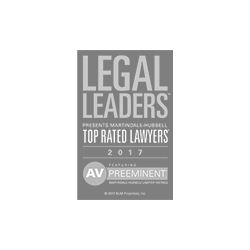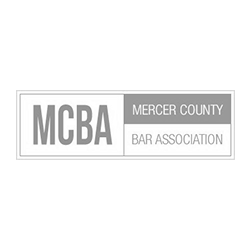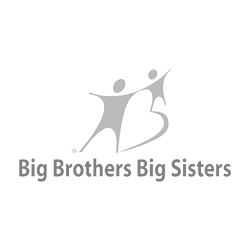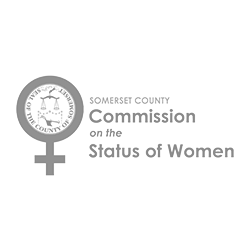Public Accommodation Discrimination
The New Jersey Law Against Discrimination ( LAD) was enacted originally in 1945 and has been amended many times to provide more and stronger protections for the inhabitants of New Jersey. Although the LAD is widely thought of as an employment discrimination law, the statute protects the citizens of New Jersey in a much broader context. All persons shall have the opportunity to obtain employment, and to obtain all the accommodations, advantages, facilities, and privileges of any place of public accommodation, publicly assisted housing accommodation, and other real property without discrimination because of race, creed, color, national origin, ancestry, age, marital status, affectional or sexual orientation, familial status, or sex, subject only to conditions and limitations applicable alike to all persons. This opportunity is recognized as and declared to be a civil right.
N.J.S.A. 10:5-4. This means that, if you were harassed or discriminated against at a gas station, bowling alley, hospital, the daycare center, or any of the thousands of other places of public accommodation that we all come into contact with throughout the course of our lives, you may have a legal claim that we can help you with.
The LAD defines the term “place of public accommodation” to include, but not be limited to, taverns, hotels, camps, retail stores, restaurants, garages, seashore accommodations, auditoriums, skating rinks, swimming pools, hospitals, clinics, libraries, preschools, primary or secondary schools, colleges and universities. According to the statute, “It shall be unlawful discrimination . . . [f]or any owner, lessee, proprietor, manager, superintendent, agent, or employee of any place of public accommodation directly or indirectly to refuse, withhold from or deny to any person any of the accommodations, advantages, facilities or privileges thereof, or to discriminate against any person in the furnishing thereof, . . . on account of” a person’s protected status, such as race, national origin, marital status, sex, sexual orientation, disability or age. Thus, if you have been harassed at or denied access to a place of public accommodation because of some protected status, you may have a claim under LAD.
An example of a discrimination case in a public accommodations setting is D.B. v. Bloom, 896 F. Supp. 166 (D.N.J. 1995). In D.B. v. Bloom, plaintiff brought an action against a dentist and dental office under the Americans with Disabilities Act (ADA) and the LAD, alleging that he was denied service after the dentist discovered that he was HIV positive. Citing N.J.S.A. 10:5-12 (f), the court found that plaintiff was handicapped, that the dental clinic was a place of public accommodation, and that plaintiff was denied services and equal treatment by defendants by virtue of his disability in violation of LAD. The court further found that the defendants “willfully and intentionally disregarded D.B.’s rights, which justifies the award of punitive damages for the purpose of deterring future similar egregious conduct.” Id. at 171.
-

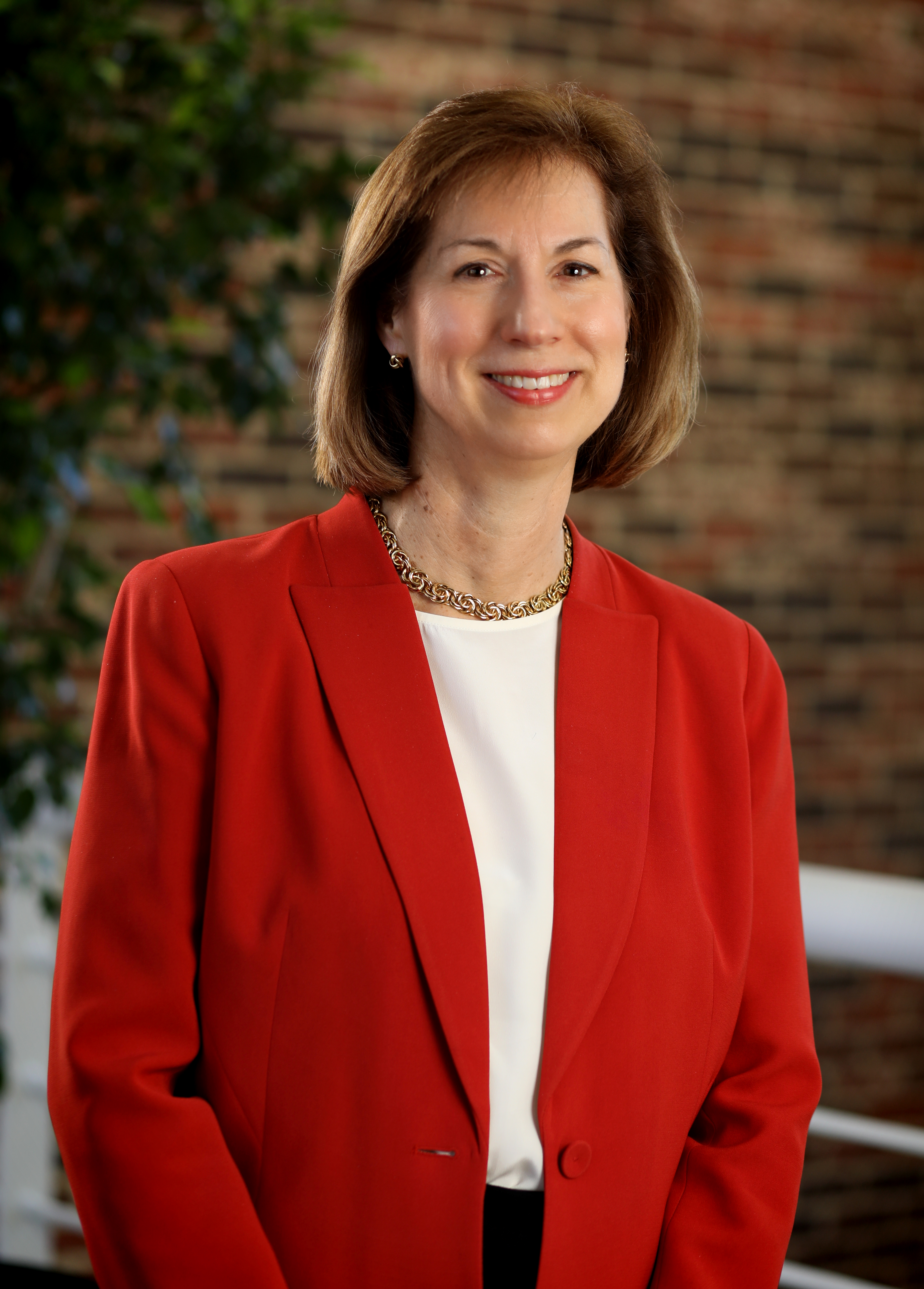
-
Sharon Dragan - Special Occasion Events on Preserved farmsAttorney Dragan presented at the Municipal Clerks' Association of New Jersey Conference in Atlantic City in April on the topic of Special Occasion Events on Preserved farms from a municipal perspective. She presented along with two representatives from the NJ State Agriculture Development Committee, and analyzed how the new law on Special Occasion Events affects municipal administration and application of the NJ Municipal Land Use Law and Right to Farm Act. -
Hammett- Estate Planning Article Series
Tips for College Students & Parents: Be Prepared
As families begin to plan for their child’s transition into college, there are many practical logistics to consider. One such item that should be on the top of the list is to ensure they are prepared to be on their own from a legal perspective. At Mason, Griffin & Pierson, we offer a program to counsel college students and their parents in such matters. To find out more about preparing documents for your student, Click Here.
“Do I really need a Will?“ The answer for almost all adults in New Jersey, from those just starting out to those well into retirement years, is yes, you should have a Will.
At Mason, Griffin & Pierson, we can assist clients develop a comprehensive estate plan to express their wishes that incorporates, as appropriate, estate and gift tax planning strategies and prepare the documents. Documents include Last Wills and Testaments, Powers of Attorney, and Advance Directives for Health Care.
To find out more about estate planning, Click Here. To schedule a no obligation consultation, Click Here. -
New Reporting Requirements Corporate Transparency Act On January 1, 2024, reporting requirements under the Corporate Transparency Act ("Act"), went into effect. All businesses subject to the Act will have to report specific information on the company and certain individuals that own and/or control the company. Mason, Griffin & Pierson is happy to guide you through this reporting process and answer any questions that you may have. Please do not hesitate to reach out if you would like our assistance.
On January 1, 2024, reporting requirements under the Corporate Transparency Act ("Act"), went into effect. All businesses subject to the Act will have to report specific information on the company and certain individuals that own and/or control the company. Mason, Griffin & Pierson is happy to guide you through this reporting process and answer any questions that you may have. Please do not hesitate to reach out if you would like our assistance.
-
Sharon A. Dragan receives the Michael A. Pane Ethics In Government Award Congratulations to Sharon A. Dragan for receiving the Michael A. Pane Ethics In Government Award. The award was presented by the NJILGA at the New Jersey State League of Municipalities November convention. The Michael A. Pane Ethics In Government Award honors a municipal professional who exemplifies the highest standards of ethics and whose work has significantly enhanced the integrity of local government. November 2023
The Michael Pane Award, established by the Pane Family and the New Jersey State League of Municipalities, is given in honor of Michael A. Pane, Sr., who was the long-time editor of the Municipal Law Review, president and trustee of the New Jersey Institute of Municipal Attorneys, counsel to the New Jersey Association of Municipal Clerks, counsel to the League of Municipalities and author of the New Jersey Practice Series, Local Government Law volumes.
Congratulations to Sharon A. Dragan for receiving the Michael A. Pane Ethics In Government Award. The award was presented by the NJILGA at the New Jersey State League of Municipalities November convention. The Michael A. Pane Ethics In Government Award honors a municipal professional who exemplifies the highest standards of ethics and whose work has significantly enhanced the integrity of local government. November 2023
The Michael Pane Award, established by the Pane Family and the New Jersey State League of Municipalities, is given in honor of Michael A. Pane, Sr., who was the long-time editor of the Municipal Law Review, president and trustee of the New Jersey Institute of Municipal Attorneys, counsel to the New Jersey Association of Municipal Clerks, counsel to the League of Municipalities and author of the New Jersey Practice Series, Local Government Law volumes.
-
Liz Zuckerman appointed to the District VII Ethics Committee: The Supreme Court of New Jersey appointed Elizabeth Zuckerman to serve on the District Ethics Committee for District VII (DEC VII) for a three-year term. The district includes Mercer County. August 23, 2023
The Supreme Court of New Jersey appointed Elizabeth Zuckerman to serve on the District Ethics Committee for District VII (DEC VII) for a three-year term. The district includes Mercer County. August 23, 2023
-
Paul M. Bishop named Director We are pleased to announce the election of Paul M. Bishop to the Board of Directors, Mason, Griffin & Pierson, PC. Paul, one of the firm’s senior litigators, practices business, commercial, and general litigation, and represents clients in complex disputes throughout New Jersey’s state and federal courts. July 2023
We are pleased to announce the election of Paul M. Bishop to the Board of Directors, Mason, Griffin & Pierson, PC. Paul, one of the firm’s senior litigators, practices business, commercial, and general litigation, and represents clients in complex disputes throughout New Jersey’s state and federal courts. July 2023
- June 2022
- October 2021
- May 2021
- March 2021
- February 2021
- January 2021
- December 2020
- March 2020
- February 2020
- January 2020
- December 2019
- October 2019
- July 2019
- June 2019
- May 2019
- March 2019
- January 2019
- December 2018
- November 2018
- October 2018
- September 2018
- June 2018
- May 2018
- April 2018
- March 2018
- February 2018
- January 2018
- December 2017
- November 2017
- October 2017
- September 2017
- August 2017
- June 2017
- May 2017
- April 2017
- February 2017
- December 2016
- November 2016
- October 2016
- September 2016
- July 2016
- June 2016
- May 2016
- April 2016
- March 2016
- February 2016
- January 2016
- December 2015
- November 2015
- October 2015
- September 2015
- July 2015
- June 2015
- May 2015
- April 2015
- March 2015
- February 2015
- January 2015
- December 2014
- November 2014
- October 2014
- September 2014
- August 2014
- July 2014
- June 2014
- May 2014
- April 2014
- March 2014
- February 2014
- January 2014
- December 2013
- November 2013
- October 2013
- September 2013
- August 2013


